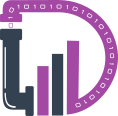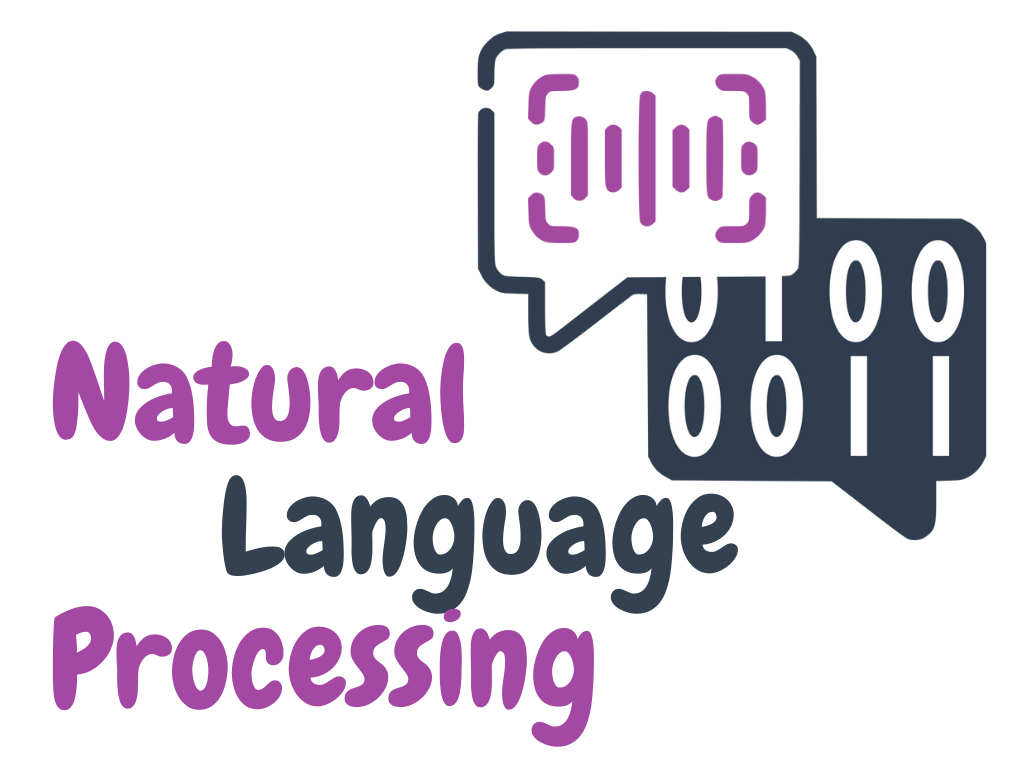What is NLP?
Natural Language Processing (NLP) is a subfield of artificial intelligence that deals with the interaction between computers and human language. It involves analyzing, understanding, and generating human language in a way that is both natural and meaningful. NLP is used in a wide range of applications, including chatbots, virtual assistants, sentiment analysis, text classification, and machine translation. NLP is a complex field that combines techniques from computer science, linguistics, and mathematics to enable computers to process, understand, and generate natural language.
NLP involves a range of tasks, including:
-
Tokenization: Breaking text into individual words, phrases, or sentences.
-
Part-of-speech tagging: Assigning a grammatical category (e.g., noun, verb, adjective) to each word in a sentence.
-
Named entity recognition: Identifying and classifying named entities (e.g., people, organizations, locations) in a text.
-
Sentiment analysis: Determining the sentiment (positive, negative, or neutral) expressed in a text.
-
Text classification: Categorizing text into predefined categories (e.g., spam, news, sports).


